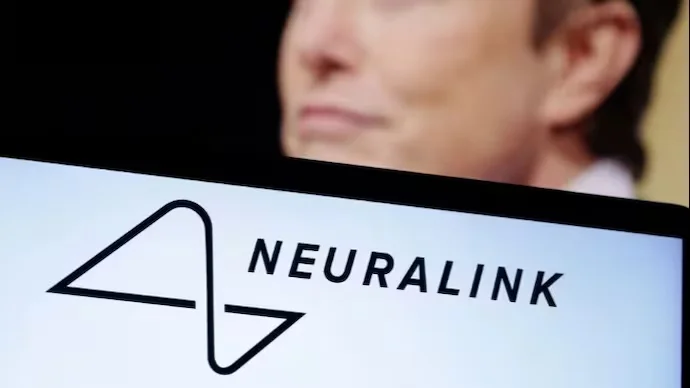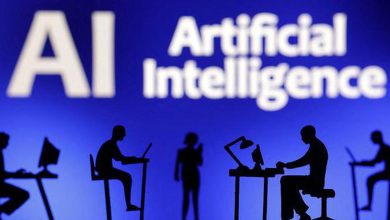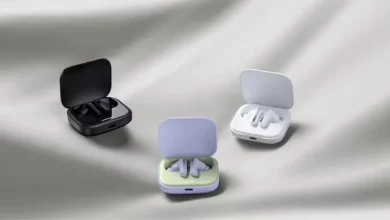First human to receive Neuralink implant is recovering well, Elon Musk confirms
Elon Musk's Neuralink successfully implants brain interface in first human recipient, marking a major advancement in human-computer communication.

In a groundbreaking development, Elon Musk, the visionary entrepreneur and CEO of Neuralink, has confirmed that the first human recipient of a Neuralink implant is recovering well. The announcement marks a significant milestone in the evolution of brain-machine interface technology, showcasing its potential to revolutionize the field of neurotechnology.
Key Highlights:
- Successful Implantation: The confirmation from Elon Musk affirms the success of the Neuralink implant in the first human subject. This achievement validates the feasibility of integrating brain-machine interfaces with the human nervous system.
- Recovery Status: Musk’s statement emphasizes that the individual who received the Neuralink implant is recovering well. The positive recovery outcome is a crucial indicator of the safety and efficacy of the neurotechnology, crucial for wider adoption in the future.
Neuralink’s Vision and Technology:
- Revolutionizing Neurotechnology: Neuralink, founded by Elon Musk, envisions a future where brain-machine interfaces enable direct communication between the human brain and external devices. The technology holds the potential to address neurological disorders and enhance cognitive abilities.
- Implant Features: The Neuralink implant is designed to be a small, high-bandwidth brain-machine interface device. It aims to facilitate bidirectional communication between the brain and external devices, opening new possibilities for medical applications and augmenting human capabilities.
Significance for Healthcare:
- Therapeutic Applications: Neuralink’s success in human implantation is a significant step towards developing therapeutic applications for neurodegenerative diseases and neurological disorders. The technology could offer hope for patients with conditions like paralysis or Parkinson’s disease.
- Ethical Considerations: The advancement of brain-machine interfaces raises ethical considerations regarding privacy, consent, and the potential enhancement of human capabilities. As Neuralink progresses, addressing these ethical concerns will be crucial for widespread acceptance.
Future Implications:
- Technological Advancement: The successful recovery of the first Neuralink recipient paves the way for further technological advancements in the field of brain-machine interfaces. Continued research and development could unlock new possibilities for human-machine integration.
- Broader Adoption: As Neuralink refines its technology and demonstrates its safety and efficacy, there may be potential for broader adoption in the medical field. The technology could evolve to become a mainstream solution for various neurological conditions.
Elon Musk’s confirmation of the successful recovery of the first human with a Neuralink implant marks a momentous achievement in the realm of neurotechnology. This development not only showcases the progress made by Neuralink but also opens up new frontiers in the interface between the human brain and artificial intelligence, with profound implications for healthcare and the future of human augmentation.




